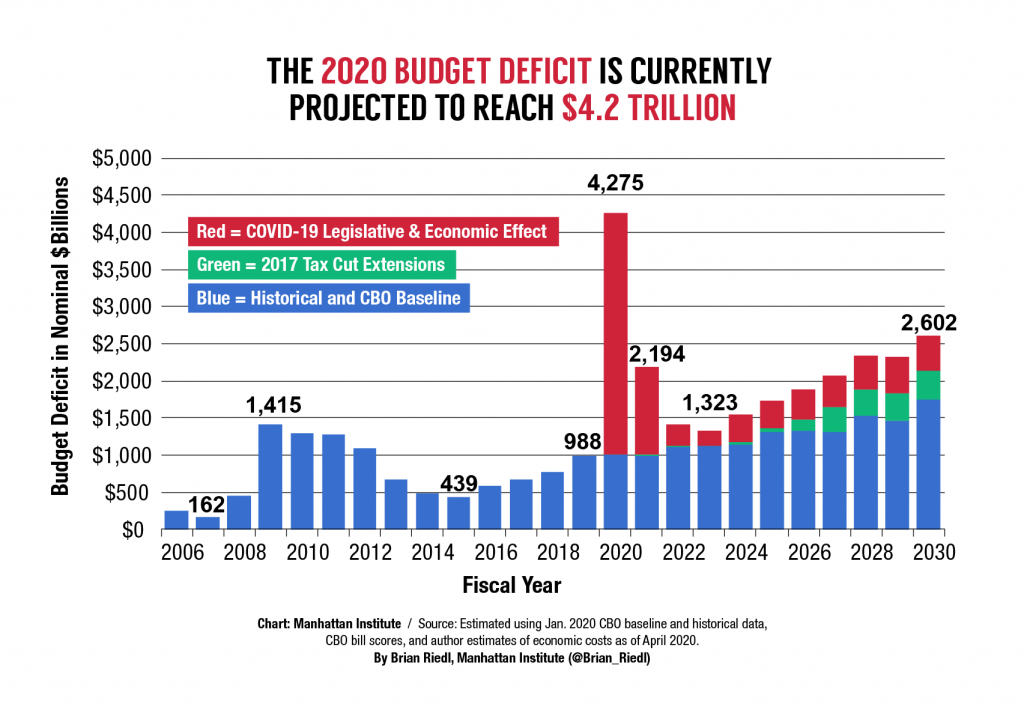We have a fun July 4th celebration in our little town. It’s a university town, and a somewhat affluent one at that, especially when compared with the surrounding communities. And so we attract a lot of visitors. There are games for kids, a fun, somewhat tongue-in-cheek dog show, a parade, lots of food stands, a crafts fair, and, in the evening, a surprisingly good fireworks display over one of the local lakes.

 Our girls LOVED Sewanee Fourth of July when they were young. We would give them a bit of cash, help them meet up with friends, and then pretty much say goodbye to them for the day. It’s a small, safe, friendly town, and we never worried about them. They always found us eventually, sunburned and sweaty, their faces covered in face-paint, their pockets stuffed with candy that was thrown to kids by the parade participants. We’d go home, have a nap and some dinner, not that any of us was very hungry, and then, after covering ourselves with bug spray, would make our way to the fireworks venue.
Our girls LOVED Sewanee Fourth of July when they were young. We would give them a bit of cash, help them meet up with friends, and then pretty much say goodbye to them for the day. It’s a small, safe, friendly town, and we never worried about them. They always found us eventually, sunburned and sweaty, their faces covered in face-paint, their pockets stuffed with candy that was thrown to kids by the parade participants. We’d go home, have a nap and some dinner, not that any of us was very hungry, and then, after covering ourselves with bug spray, would make our way to the fireworks venue.
Fond memories.
Nancy and I have been doing July 4th on our own for many years now, since we became empty-nesters. It’s easier in a way, though a bit less fun. The magic of the day has dissipated with the years. We still enjoy seeing people, and we can usually find something good to eat. These days, we tend to stop by a couple of the parties that take place along the parade route, and, once the parade is done, we head home. Some years we go to see the fireworks, some years we don’t.
I will admit that this year my heart isn’t in it. Not the way it used to be. Part of that is personal — those fond memories have thorns these days.
But more than that, I feel less inclined to celebrate America than I used to. I have long found the equating of conservatism with patriotism offensive. I was brought up by liberals, and I raised my kids as a committed progressive. The terminology changed, but the love of country has never wavered. I have a Ph.D. in U.S. history, and while it is impossible to dive into the depths of our nation’s past without seeing its many flaws, it is also impossible to do so without gaining a healthy appreciation for qualities in our national story that are worthy of admiration. Resolve and resilience, boundless ambition and a commitment to human dignity that is often myopic and even hypocritical but also naïvely sincere. Ours is an imperfect but charmingly idealistic vision of government, an experiment in democratic republicanism that has yet to fulfill the dreams of its Founders, but which continues to strive for realization.
All of which makes our current state of political affairs so terrifying. The aforementioned experiment is at risk. If the Presidential election were held today, we would likely elect a man who has shown no compunction at all about placing his personal hunger for power above the national good, a man who has shown utter disregard for the centuries-old norms of our governing system, a man who has been convicted of 34 felonies and accused of dozens more, a man who literally lies about everything, who has made grievance and greed and graft synonymous with his personal brand, and who has declared without shame that he intends to begin his next term in the White House — a sequel to his disastrous, chaotic, hate-filled first term — with a one-day dictatorship. As if this paragon of gluttony will be able to stop after a single day.
Is our incumbent old? Yes. Do his communications skills leave much to be desired? Absolutely. This is why your Democratic friends and neighbors haven’t slept or eaten in days and have the look of caffeine addicts whose coffee machine is on the fritz. But Joseph Biden has been a remarkably effective President when it comes to passing bipartisan legislation. He has overseen an economic recovery that includes the creation of fifteen million new jobs. To be sure, inflation went up on his watch, spurred by supply-chain disruptions that began during the Covid recession of 2020 and worldwide economic dislocations caused by the ongoing war between Russia and Ukraine. But it has come down steadily since its 2022 peak and is now below 3% annually.
Most of all, though, the President is a decent, honest man, who honors and upholds our nation’s political ideals. He poses no threat to our republic. On the contrary, he is committed to saving our heating planet, improving the lives of those who face discrimination and economic injustice, and restoring a national right to women’s health care access. He has spent his life fighting for social equality. Is he a step slower now? A bit more muddled in his speech? A bit more frail and forgetful? Yes, yes, and yes. But on his worst day, he is better than the lying felon running against him.
I hope desperately that the American people will realize this before it’s too late. I fear they won’t.
I hope your July Fourth is fun and fulfilling.









 And one more point I would like to make. Interest on the national debt currently gobbles up 8 cents out of every tax dollar. The budget deficit for 2020 was $3.7 TRILLION (slightly less than the chart above projects — I included the chart for the trend line). Even before the pandemic hit, necessitating emergency spending, the Trump tax cuts had driven projected deficits way up over where they were by the end of the Obama Administration. Some will try to tell you that those tax cuts simply returned money to the pockets of Americans. Bull. Every dollar that Donald Trump added to the deficit increased that interest expenditure I just mentioned and forced the rest to pay more. By skewing his cuts to the wealthiest among us, he basically forced the rest of Americans to subsidize a tax cut for the rich.
And one more point I would like to make. Interest on the national debt currently gobbles up 8 cents out of every tax dollar. The budget deficit for 2020 was $3.7 TRILLION (slightly less than the chart above projects — I included the chart for the trend line). Even before the pandemic hit, necessitating emergency spending, the Trump tax cuts had driven projected deficits way up over where they were by the end of the Obama Administration. Some will try to tell you that those tax cuts simply returned money to the pockets of Americans. Bull. Every dollar that Donald Trump added to the deficit increased that interest expenditure I just mentioned and forced the rest to pay more. By skewing his cuts to the wealthiest among us, he basically forced the rest of Americans to subsidize a tax cut for the rich.